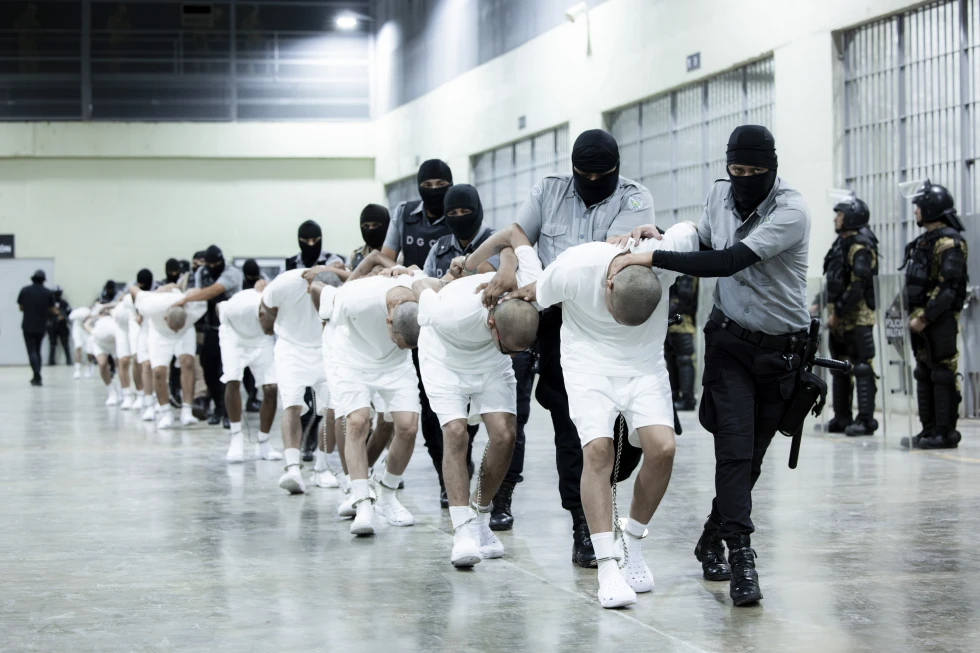In a significant legal shift, the United States Supreme Court on Monday overturned a lower court ruling that had blocked the Trump administration from deporting Venezuelan migrants using an obscure 18th-century wartime statute. The 5-4 decision allows federal authorities to proceed under the Alien Enemies Act, a rarely invoked provision dating back to 1798, designed for use during periods of declared hostilities.

The case has become a flashpoint in the broader legal and political battles over immigration policy, executive authority, and the rights of non-citizens facing removal proceedings.
While the ruling lifts the federal appeals court’s temporary freeze on deportations, the Supreme Court’s majority stopped short of giving the Trump administration unchecked power. Writing for the majority, the justices ruled that the migrants in question must still be granted an opportunity to challenge their removal in court before being deported.
However, the court imposed a critical limitation: those legal proceedings must occur in Texas, where the deportation orders were originally issued, rather than in a Washington, D.C. courtroom. Critics argue this geographic restriction could hinder access to legal resources and delay due process.
The five conservative justices sided with the administration’s emergency appeal, arguing that national security concerns and the executive branch’s wartime powers justified the use of the Alien Enemies Act. This 18th-century law gives the president broad authority to detain or deport nationals of hostile nations during times of conflict — though no formal war has been declared between the United States and Venezuela.
The Trump administration has justified the deportations by asserting that the targeted migrants are affiliated with criminal gangs and pose a threat to national security. The decision now grants immigration officials greater discretion to act on those claims, though the legal battles are far from over.
In a sharply worded dissent, the four liberal justices warned that the ruling sets a dangerous precedent, allowing the government to expand deportation authority without clear legislative backing or adequate safeguards. They argued that invoking a centuries-old wartime law in modern immigration cases opens the door to constitutional overreach and undermines basic due process protections.
The dissent also emphasized that the migrants being deported have not been convicted of crimes and are being removed based on associations or accusations — not judicial findings of guilt.
This ruling follows months of legal wrangling between federal courts and the Trump administration over immigration enforcement. The appeals court in Washington had initially blocked the deportations, citing the need for judicial review and the potential for human rights violations.
But the Supreme Court’s reversal signals increasing judicial deference to executive power on immigration, particularly in cases framed around national security.
The case now heads back to the lower courts in Texas for continued proceedings on individual deportation challenges. Immigration advocates say they will continue to press for broader judicial oversight and have vowed to take additional legal steps to ensure migrants’ rights are protected.
Meanwhile, the decision is likely to further inflame political tensions between the White House and the judiciary, as well as fuel debate over the use of archaic laws to address modern immigration issues.



